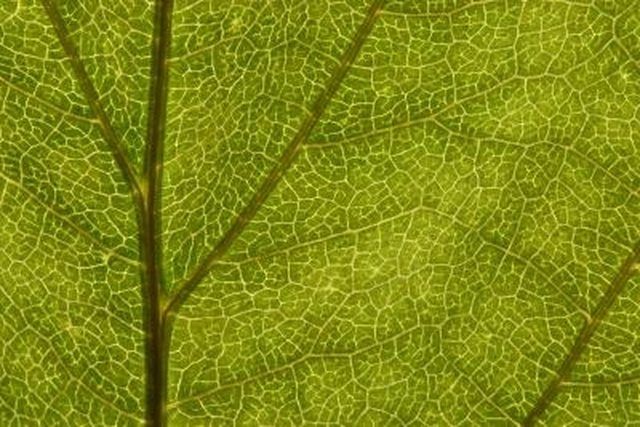Bulbs
Flower Basics
Flower Beds & Specialty Gardens
Flower Garden
Garden Furniture
Garden Gnomes
Garden Seeds
Garden Sheds
Garden Statues
Garden Tools & Supplies
Gardening Basics
Green & Organic
Groundcovers & Vines
Growing Annuals
Growing Basil
Growing Beans
Growing Berries
Growing Blueberries
Growing Cactus
Growing Corn
Growing Cotton
Growing Edibles
Growing Flowers
Growing Garlic
Growing Grapes
Growing Grass
Growing Herbs
Growing Jasmine
Growing Mint
Growing Mushrooms
Orchids
Growing Peanuts
Growing Perennials
Growing Plants
Growing Rosemary
Growing Roses
Growing Strawberries
Growing Sunflowers
Growing Thyme
Growing Tomatoes
Growing Tulips
Growing Vegetables
Herb Basics
Herb Garden
Indoor Growing
Landscaping Basics
Landscaping Patios
Landscaping Plants
Landscaping Shrubs
Landscaping Trees
Landscaping Walks & Pathways
Lawn Basics
Lawn Maintenance
Lawn Mowers
Lawn Ornaments
Lawn Planting
Lawn Tools
Outdoor Growing
Overall Landscape Planning
Pests, Weeds & Problems
Plant Basics
Rock Garden
Rose Garden
Shrubs
Soil
Specialty Gardens
Trees
Vegetable Garden
Yard Maintenance
Do Plant Cells Have Flagella?
Do Plant Cells Have Flagella?. Plant cells and animal cells are similar in many ways, but also different in others. Plant cells can photosynthesize, for example, while animal cells cannot. One of the important differences between plant and animal cells involves structures called flagella.

Plant cells and animal cells are similar in many ways, but also different in others. Plant cells can photosynthesize, for example, while animal cells cannot. One of the important differences between plant and animal cells involves structures called flagella.
Features
Flagella are tail- or whip-like structures that protrude from some animal cells. The most familiar example is probably the exceptionally long flagellum found on sperm cells. By lashing to and fro, the flagellum drives the cell forward and powers its motion.
Types
Most plant cells lack flagella; they have no need to move and hence no need for this means of propulsion. Some plant species, however, produce flagellated sperm that can swim through water to reach the egg. Consequently, plant cells typically lack flagella, although plant sperm cells are flagellated.
Considerations
According to a 2001 article in the journal "Plant Physiology," the ancestors of modern plants are believed to have been flagellated. Plant cells lost the ability to assemble flagella during their evolution.